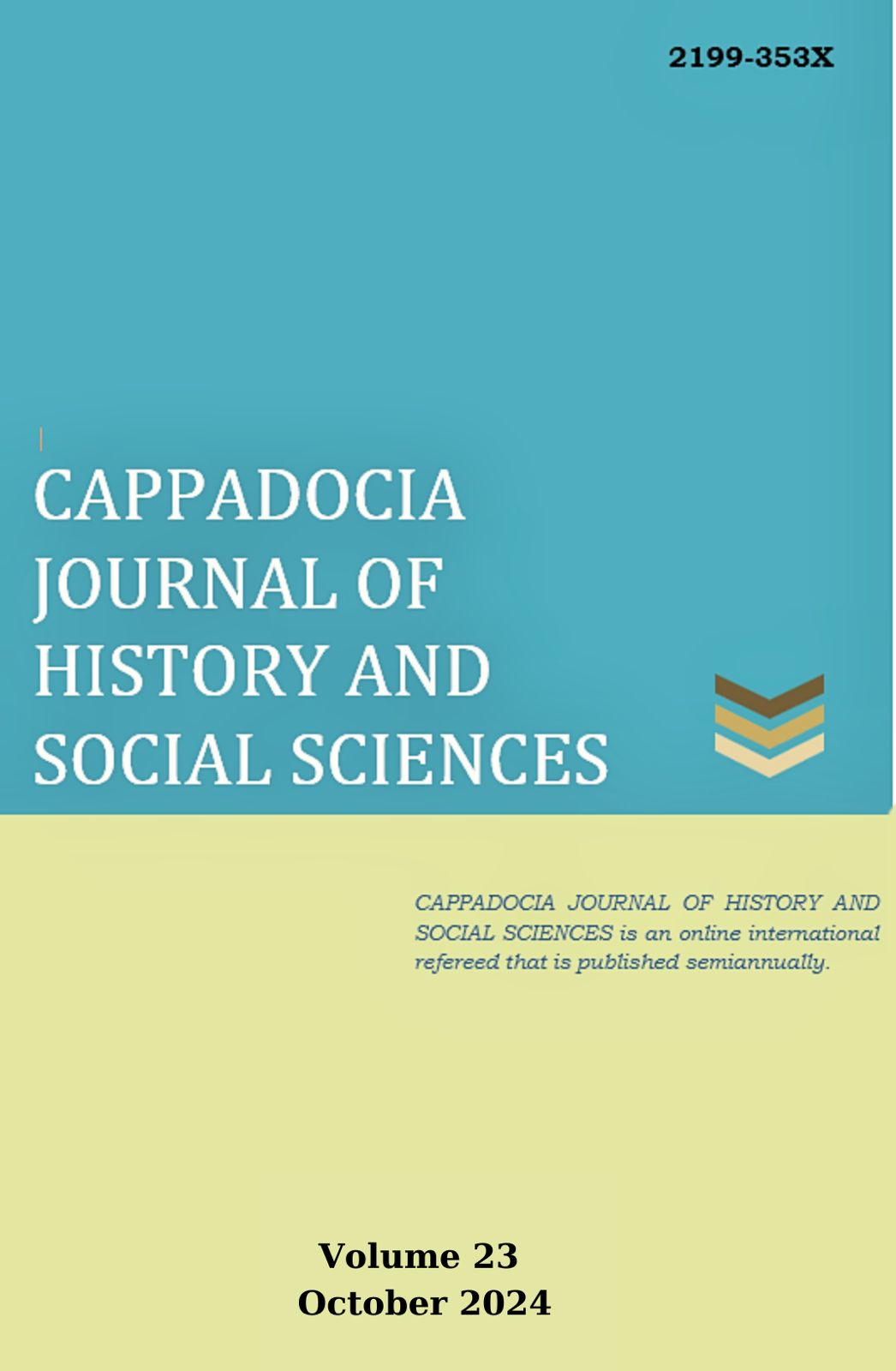Author :
Abstract
Bu makale, 17. yüzyıl İngiltere'sindeki sosyo-kültürel arka planı ve modern bilimin kamusallaşma süreçlerini sosyolojik bilim tarihi yazımı çerçevesinde inceler. Boris Hessen, Robert Merton ve Edgar Zilsel’in tezlerinden yola çıkarak, modern bilimin ekonomik, dini, kültürel ve sosyal parametrelerden bağımsız olarak incelenemeyeceğini savunur. Ayrıca, halkın bilimi anlama ve kabul etme süreçlerinde akademiler, kahvehaneler, tuhaflık odaları ve ilmi yazışmalar gibi kamusal alanların rolünü vurgular.
Keywords
Abstract
This article examines the socio-cultural background of 17th-century England and the public dissemination processes of modern science within the framework of sociological historiography. Based on the theses of Boris Hessen, Robert Merton, and Edgar Zilsel, it argues that modern science cannot be analyzed independently of the economic, religious, cultural, and social parameters of its development period. Additionally, it highlights the role of public spaces such as academies, coffeehouses, cabinets of curiosities, and scholarly correspondences in the public understanding and acceptance of science.





